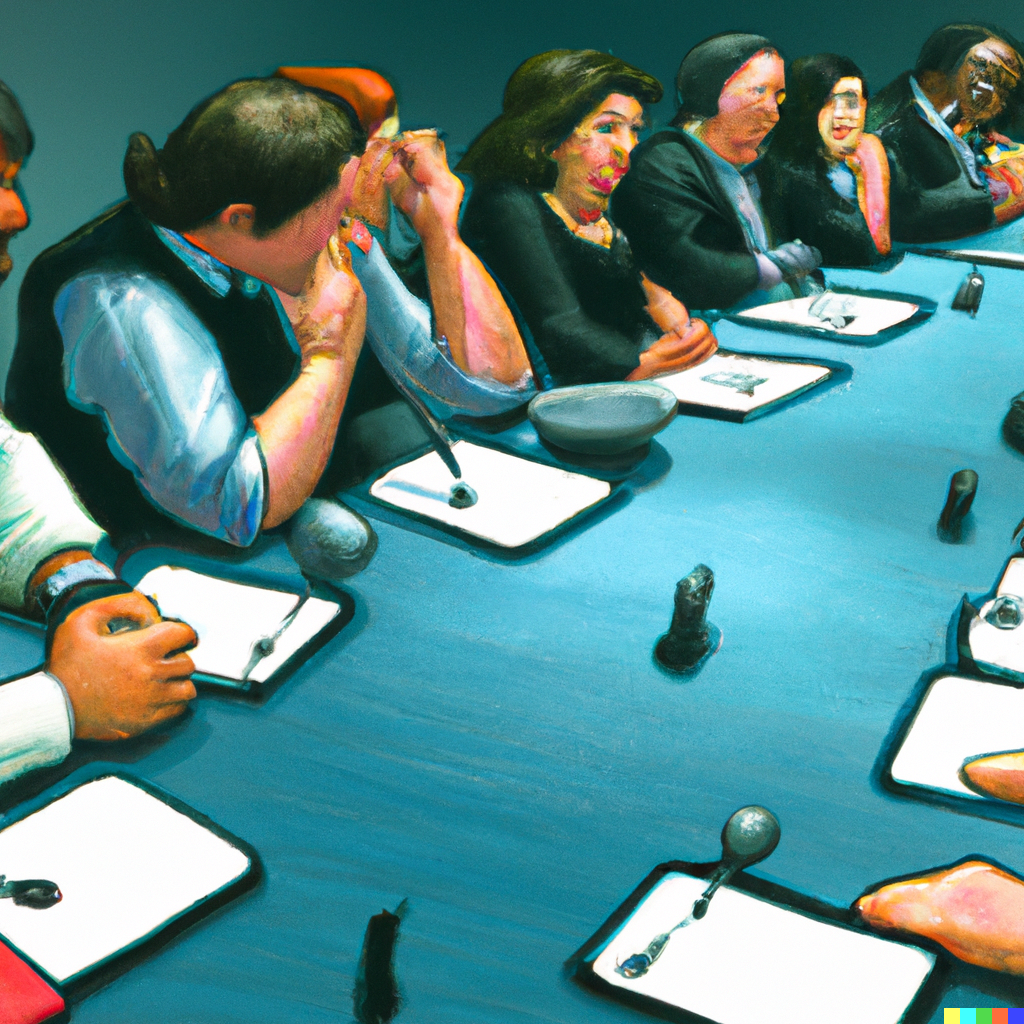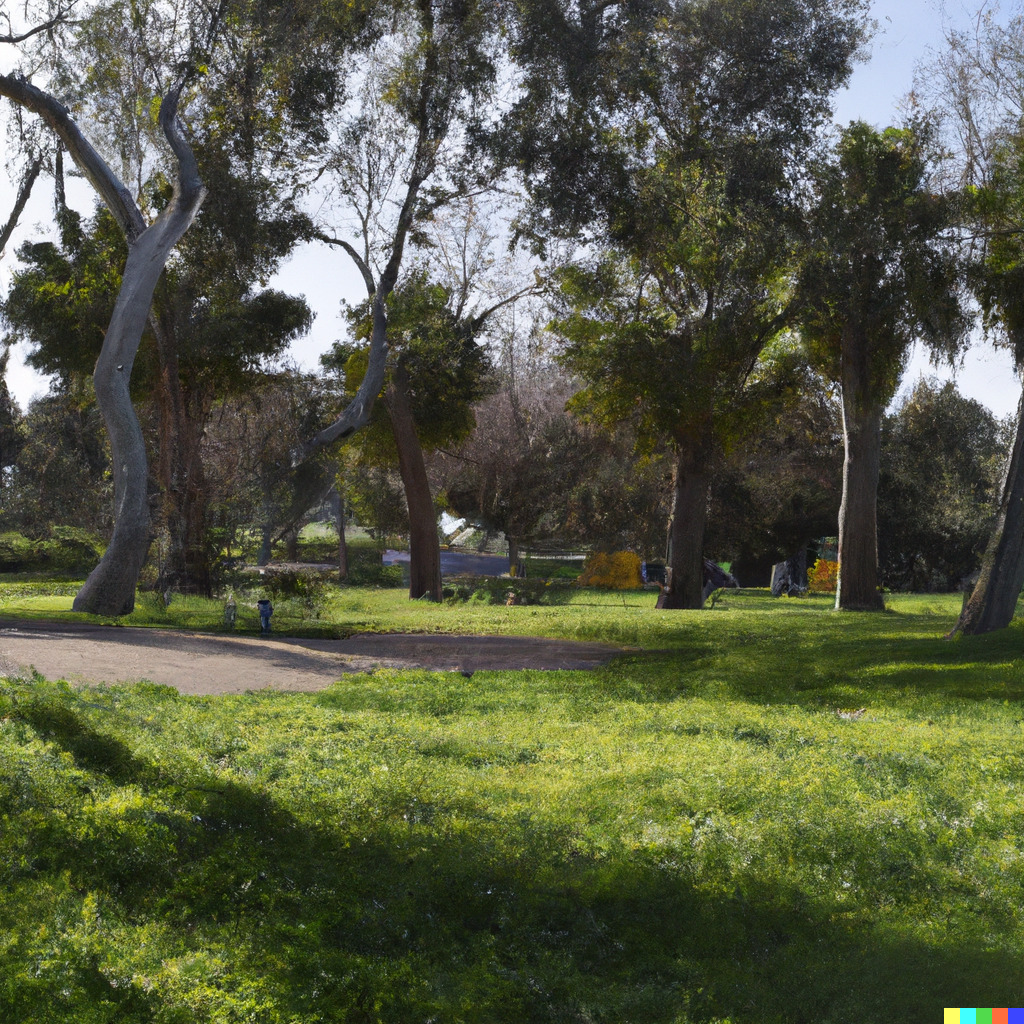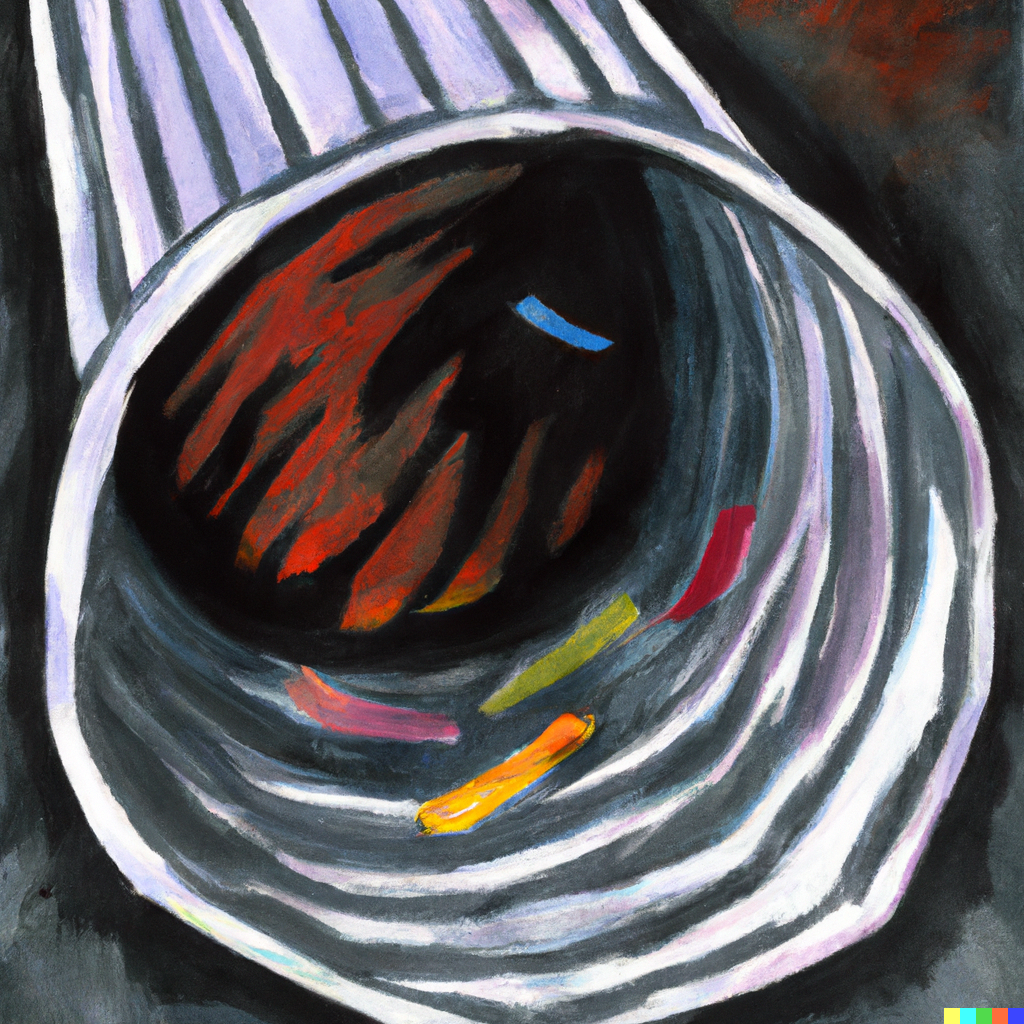A2A is to Agent to Agent as B2C is Business to Consumer as B2B is Business to Business. The digit 2 is used instead of the word “to”, and in each context, A refers to agents, B to business, and C to consumer. So what? Do the distinctions matter? If you have no strategy and don’t care, then no. It doesn’t matter. Signals about demand are irrelevant so they’re spam. If you’re building a strategy, and care about an outcome, then maybe, it could matter. Because understanding how people understand their needs and to value values [1] when assessing whether or not to search or be receptive to a solution, to consider yours versus substitutes (including nothing), to decide if[…]
Category: Decision
It took a lot of effort reconcile two forms of order: letters and numbers. Numbers had identities because they had names. Just as I was picking up the sound of names fourteen, sixteen, seventeen, eighteen, nineteen, and the mysteries of numbers that began with twenty, I became quite frustrated with eleven and twelve. Here were two sets of two symbols with distinct names that didn’t fit. They broke the pattern, the beautiful symmetry, between place and place value. And how I ever despised thirteen as a concept because there was not only was there no firteen nor seconteen. Where was thirteen anyway? It wasn’t on the clock. It wasn’t on any packaging. Good things never came in packages of thirteen.[…]
Perspective coordination can be a need, skill, solution, or a problem. Dawson (2020) defined perspective coordination as: “…a dynamic set of skills that supports human interactions by fostering mutual respect, nurturing creativity, expanding our minds, generating and developing ideas, leveraging conflict, and supporting healthy relationships. Robust collaborative capacity skills are a prerequisite for the development of perspective coordination skills, but you will also find that practices for building perspective coordination skills build collaborative capacity skills. Wheels within wheels.” Dawson, Theo (2020) “VUCA unpacked (3)—Perspective coordination” https://theo-dawson.medium.com/vuca-unpacked-3-perspective-coordination-13e722981ce6 Retrieved 1 Jan 2024 And Dawson provided a helpful concept map: Why might perspective coordination might be a need? It’s because you need people. If you had total independence, total freedom from dependents and their dependencies,[…]
This story begins in a lecture room on an upper floor at Temple University in Philly on a pleasant summer day in 2018. John Hauser is delivering a cracking talk on recommendation engines. He launches into an aside about how the best real estate agents on earth facilitate their consumers’ own discovery of their own preferences. He’s challenging conventional doctrine. The grizzled grizzlies fold their arms and lean back in their chairs. The students from KU lean forward. I catch Luo’s eye and exchange smiles. We’re beaming. I got my popcorn ready. This is gonna be good. He tells a story about how an excellent real estate agent will listen patiently as you state preferences, and then they go onto[…]
“[A]n unrecorded decision may well be, indeed should be, considered as a sure sign that something fundamental has gone wrong with the decision-making process, that one should look for the presence of schemers who can impose projects on those who should know better; that one should also look for powerful external pressures reverberating through the decision-making process — pressures that cannot be resisted and lead to decisions for which there is no real acceptance of responsibility (and are therefore unrecorded). All of this serves to underline a point that is not stressed enough in the political science literature: decision-making is fundamentally a process for assuming responsibility for a proposed action.” Allison, Graham., Zelikow, Philip. (1999) Essence of Decision. 2nd Edition.[…]
A major source of suffering is caused by the chasm between what is and what is preferred. There are at least three ways of alleviating this suffering: In this post, I’ll expand on the concept of what is preferred, attempt to differentiate bullshit from Futurescapes, and argue that Futurescapes are a powerful reframing tool. What is preferred I’ll focus on the suffering that exists because of preferences about the future that are unrealized today. The future is malleable. Liubertė and Dimov [1] wrote a gem of a paper in 2021. They were curious about how Elizabeth Holmes used language to create a portrait of the future. Rindova and Martins (2022) [2] made a valuable contribution about how these portraits, Futurescapes,[…]
“We reject kings, presidents and voting. We believe in rough consensus and running code” –David D Clarke I thank Sunny Aggarwal for putting quote above on his presentation at Cosmoverse on September 27, 2022. This post is about that quote and a few primitive thoughts linking learning, organization design, and perspective coordination. Kings, presidents and voting Kings, presidents, and voting can be placed on an axis. A king is centralized authority with relatively little consent. A president is centralized authority with consent. Voting is distributed authority with consent. In each step, the relative power of the hierarchy to impose arbitrary decisions upon a network is checked by some reactive network mechanism. It is still common in some parts of the[…]
Benedict Evans writes fantastic writing prompts. He’ll make references to different first principles, and he’ll go onto build arguments out of them later. Sometimes I agree with them. Sometimes I don’t. He does provoke thought. One theme is the nature of people. On October 9, 2020, Benedict Evans wrote: We connected everybody, and that meant we connected all the bad people and the idiots, and our own worst instincts, and all society’s problems get expressed in software. Sometimes the Internet amplifies and channels that, but maybe sometimes the Internet is people. On April 23, 2021, Benedict Evans wrote: Old: if you make something idiot-proof, God creates a better idiot. New: if you create an Internet service that’s proof against assholes,[…]
Somewhere along the way, I came to believe that the word causal came from the word because. Because there’s a cause contained in the word because. The word is almost like a commandment. Be the cause. I don’t think that’s really true. It’s just a silly association. The word because seems to be an element of a persuasive argument. How about a little thought experiment? Consider the assessment: “Peaches are gross.” Okay, you may have one or many positions on this controversial subject: You agree because your experience matches that statement, you disagree because your experience does not match that statement, you may not agree nor disagree because it’s possible that some peaches are gross and some other peaches are[…]









